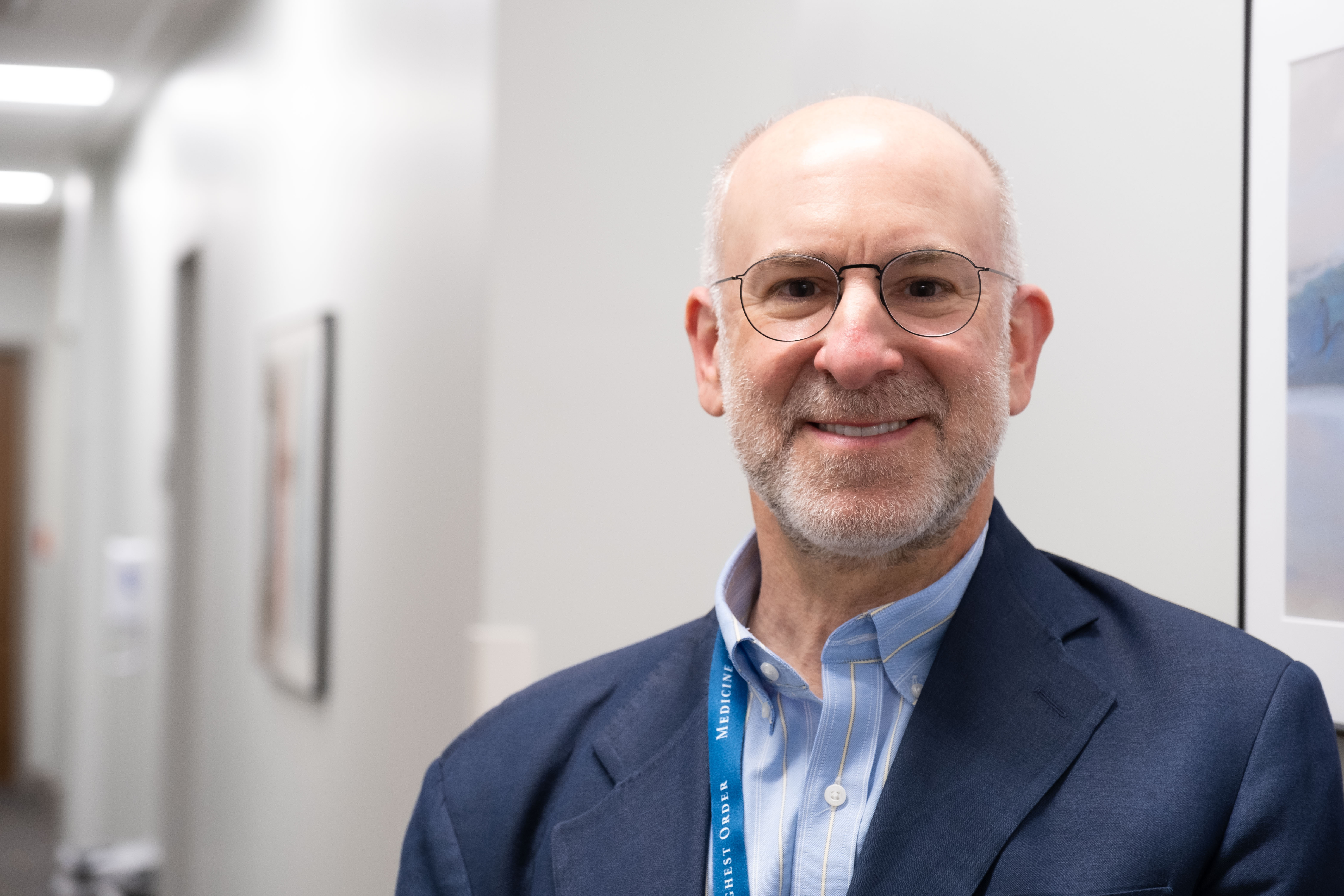
Another Voice: We Must Focus More Seriously on Serious Mental Illness
Serious mental illnesses such as schizophrenia and related conditions occur in 1 out of 100 people, on average. To put that in perspective, that’s more than 700 fans at every sold-out Bills game.
Characterized by symptoms such as hearing non-existent voices, unusual beliefs, difficulties with attention, and hard-to-comprehend speech – these conditions are associated with high rates of unemployment, substance abuse, depression, and suicide.
These diseases are also among the costliest and most disabling, due to treatment expenses and lost income for patients and family members. Patient lifespans are 15 to 30 years shorter as well. Yet, unlike other serious illnesses (e.g., cancer, heart disease), outcomes have not improved over the past 50 years, lifespans have not risen, and only a small percentage can access the best treatments.
In Western and Central New York, investment in solutions has lagged the downstate region. For example, the state Office of Mental Health (OMH) funds two major research centers devoted to schizophrenia and related conditions: The New York State Psychiatric Institute, in Manhattan, and the Nathan Kline Institute, in Rockland County. Until recently, there were five clinics in the state focused on preventing these illnesses – and none were outside New York City.
The situation has improved with the development of OMH-supported OnTrack NY clinics focusing on early intervention after an initial episode. Also, there’s a new initiative I’ve been honored to lead in our region. Launched this fall, the INTERCEPT (INTERventions for Changes in Emotions, Perception, and Thinking) program focuses on preventing these conditions among those at highest risk. Funded by Buffalo’s Patrick P. Lee Foundation, INTERCEPT is strategically based at the University of Rochester Medical Center to provide a central place for Western and Central New Yorkers to access these vital services. INTERCEPT uses a comprehensive treatment approach that involves family members and focuses on keeping people in school, work and other valued roles by preventing the onset of an episode when possible and improving outcomes when not.
INTERCEPT also provides connections and trainings for professionals to collaborate and increase their expertise. We’ve also formed a Mental Health Advisory Council, consisting of experts from Buffalo, Rochester, Syracuse and beyond, to provide guidance and serve as a sounding board.
It’s encouraging to see the increased light society has shone on mental health over the past decade. However, much more must be done for serious mental illness. Programs like INTERCEPT can only treat a limited number of people at a time. The need for greater public and private investment must be recognized, so our neighbors can emerge from the darkness they’re battling.
- Dr. Steven Silverstein is the director of INTERCEPT – a new, early intervention program for people at high-risk for the imminent development of psychotic disorders in Western and Central New York.




.jpg)